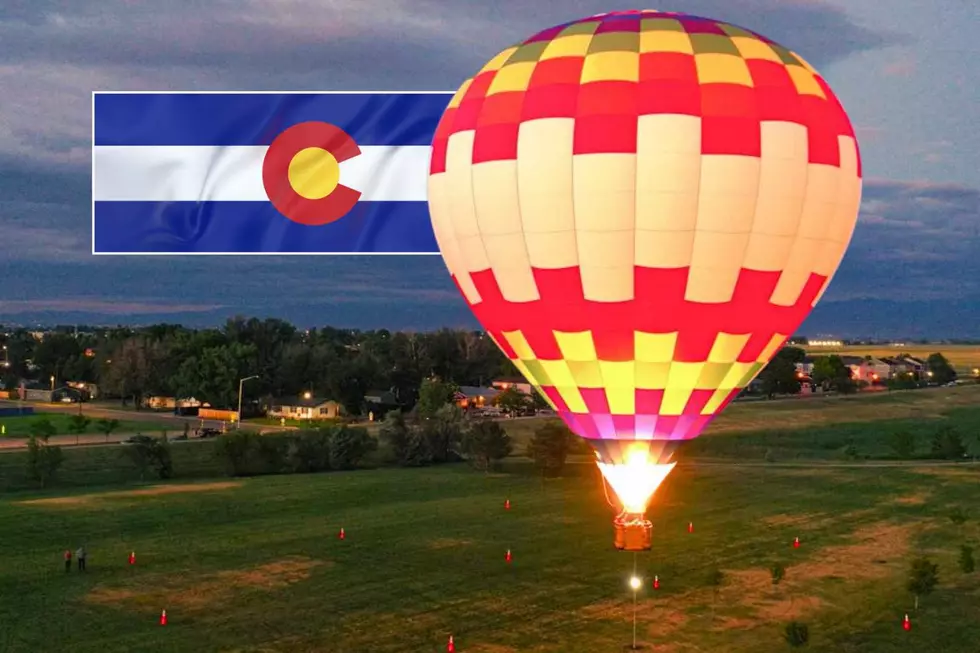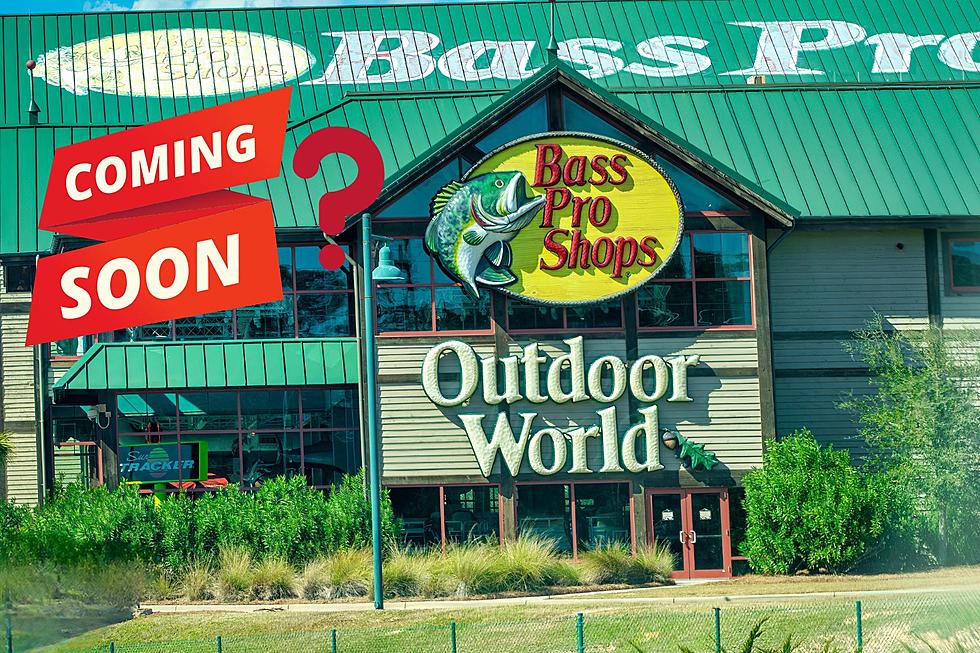
What’s Up With the European Mussels Found By Inspectors at Boyd Lake?
Somehow at some point mussels from Eastern Europe made their way to the states. They're not in Colorado waters yet, but they made their way into a Colorado State Park nonetheless.
Inspectors at Boyd Lake State Park identified quagga mussels, originating from Ukraine and making their first appearance in the states in the Great Lakes in 1989, on a boat that was used at Lake Powell. This discovery marked the 100th boat found with mussels in the 2021 boating season.
How did European mussels get here in the first place?
It's assumed that the reason quagga mussels, one of two mussel species from Europe found in America, made their way here was simply on ships that came from the ocean and didn't properly drain or clean before entering the Great Lakes. The mussels could have come from water that wasn't drained from the ship or from adult mussels that latched onto anchors that were discharged in the lakes.
From there, boats and anglers can easily and unknowingly continue the spread of them on their own boats and bait buckets.
Why the concern about having them in Colorado waters?
According to Colorado Parks and Wildlife, all waters have been de-listed after the last five years have come up negative for zebra or quagga mussels. This is a point of pride because of the incredibly invasive nature of quagga mussels as a species.
They have these little things called byssal threads that make them different and more dangerous than native mussel species. These threads are what helps them attach to things like the underside of boats, unlike native mussel species that burrow instead of attach.
Plus, quagga mussels reproduce rapidly and are able to filter feed at incredible rates. You can see why the pressure is on to keep them out of Colorado waters.
What if they end up here?
The main concern is the ecological impact the mussels could have in Colorado. According to NOAA Research News, quagga mussels have been eating away at the Great Lakes food web pretty much since they got there.
Quagga mussels are picky eaters and tend to focus on one type of phytoplankton for food. Because they don't diversify their food choice and hyperfocus on one type, it creates a food web deficiency starting and the very bottom. The effects are continually being studied very closely.
Long story short...
Colorado Parks and Wildlife has done an amazing job keeping these invasive mussels out of our waters. So, do your due diligence and clean, drain, dry, dispose, and report when using your watercrafts, especially in other states.
Inside Fisher's Peak, Colorado's Newest State Park
More From 99.9 The Point









